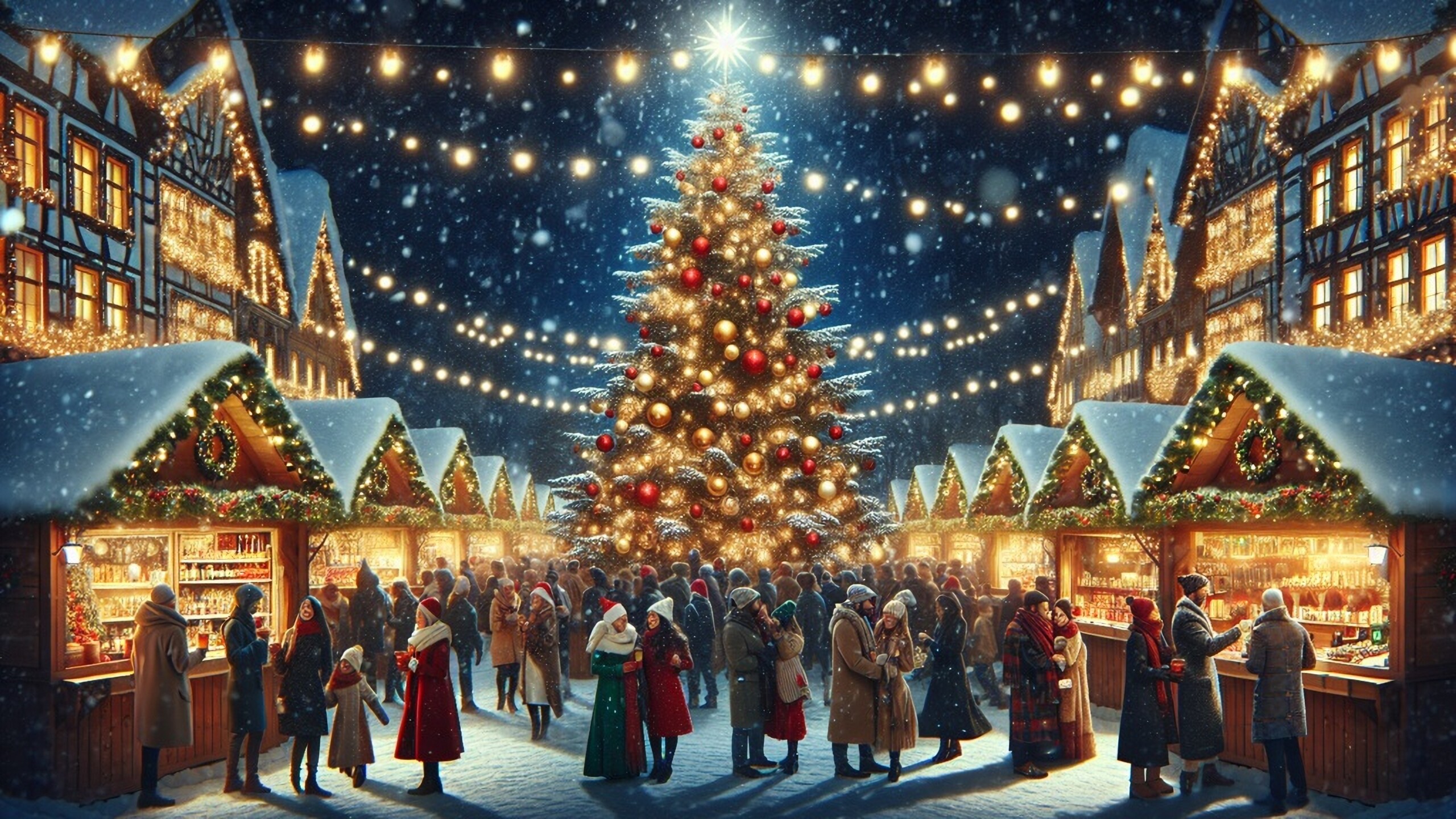Does the National Holiday for Christmas Violate Separation of Church and State?
There are religious and non-religious sides to Christmas. This blog will briefly identify a number of these and take a look at how the Constitution has been applied in “separating church and state” as regards the federal holiday of Christmas.
What Is Separation of Church and State?
The words “separation of church and state” do not appear in the U.S. Constitution. Separation of church and state is based on the establishment clause of the First Amendment, which reads: “Congress shall make no law respecting an establishment of religion.”
What Does “Christmas” mean?
Christmas is a Christian event celebrating the birth of Jesus Christ. The derivation of Christmas is “Christ Mass.” “Mass” is a Christian religious service.
Wat Are Some of the Religious and Non-Religious Sides to Christmas?
Christmas, celebrated on December 25, is both a sacred religious observance and a cultural tradition. Customs range from attending church and sharing meals with loved ones to exchanging gifts, decorating Christmas trees, and awaiting Santa Claus. Christmas Day has been a federal holiday in the United States since 1870.
A Brief History of Christmas
Before the arrival of Christianity, early European cultures celebrated the shortest day of the year, the winter solstice, as longer hours of sunlight would soon follow.
Late December was an ideal time for celebrations across much of Europe. During this season, many cattle were slaughtered to avoid the need for feeding them through the winter, providing a rare abundance of fresh meat. Additionally, wine and beer brewed earlier in the year had completed fermentation and were finally ready to enjoy.
In the early days of Christianity, Easter was the primary holiday, and the birth of Christ was not a holiday. The Bible does not say the date of Christ’s birth—it wasn’t until 336 A.D. that the church in Rome officially began celebrating Christmas on December 25.
By making Christmas the same time as traditional winter solstice festivals, church leaders made it more likely for the holiday to gain popular acceptance. By the Middle Ages, Christianity had largely supplanted pagan religions.
When Christmas Was Cancelled in England and Boston
In 1645 when Protestant forces took over England, they attempted to get rid of decadence by cancelling Christmas. The popular Christmas holiday was brought back in 1660 when Charles II was restored to the English throne.
Similar Protestant forces in Boston actually outlawed Christmas from 1659 to 1681.
Where Did Santa Clause Come From?
The legend of Santa Claus originates from a monk named St. Nicholas, born in Turkey around A.D. 280. Renowned for his generosity, St. Nicholas gave away his entire inheritance and traveled throughout the countryside, aiding the poor and sick. He became celebrated as the protector of children and sailors.
St. Nicholas became a part of American popular culture in the late 18th century in New York, where Dutch families gathered to celebrate the anniversary of “Sint Nikolaas” (the Dutch name for Saint Nicholas), also known as “Sinter Klaas.” The modern name “Santa Claus” is derived from this.
In 1822, Episcopal minister Clement Clarke Moore composed a Christmas poem titled “A Visit from St. Nicholas,” now better known by its opening line: “‘Twas the Night Before Christmas.” The poem portrayed Santa Claus as a cheerful figure who travels from house to house in a reindeer-drawn sleigh, delivering toys to children.
The classic image of Santa Claus as a jolly man in a red suit with a white beard and a sack of toys was created in 1881. Political cartoonist Thomas Nast, inspired by Moore’s poem, created the image of Old Saint Nick that has become the enduring symbol of Santa today.
What About Other Non-Christian Religious Holidays?
According to Supreme Court rulings, public schools may observe Christmas, Hanukkah, and other religious holidays in a secular manner. Teachers are allowed to incorporate the religious elements of these holidays into their lessons, provided they approach the topic objectively and within the framework of secular education.
The Supreme Court Declared the Federal Holiday of Christmas Constitutional
In 1998 a Jewish attorney filed a lawsuit against the U.S. government, arguing that designating Christmas Day as a legal public holiday violated the Establishment Clause of the First Amendment. This case went all the way to the Supreme Court which ruled that it is constitutional to have Christmas as a federal holiday.
Conclusion
For the foreseeable future, we will have Christmas holidays in the United States. But just as pagan religions faded out in the Middle Ages, and Christmas was cancelled in the 1600s in England and Boston, things could change in the distant future with the changes in our culture.
Dave Kluge
www.understandtheconstitution.com
Author of The People’s Guide to the United States Constitution. The book presents the original texts of the Declaration of Independence, Constitution, Bill of Rights and all amendments, with enough background, examples, and definitions to easily understand and read straight through these documents.

